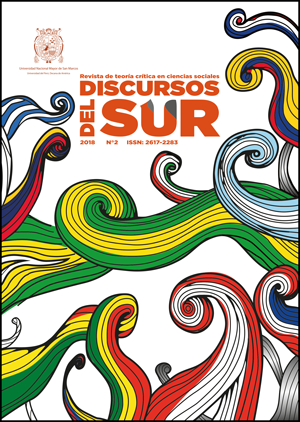Reparations: between the military defeat of the shining path and democratic frustration
DOI:
https://doi.org/10.15381/dds.v0i2.15478Keywords:
Democracy, subversion, The Shining Path, Armed Forces, reparationsAbstract
The period of political violence that engulfed the country between 1980 and 2000 left deep wounds in thousands of Peruvians and uncovered grave social debts. The war declared by The Shining Path mobilized State forces which caused severe violations of human rights, not only between both sides, but also within civilians. Social agitations and the strategy of police intelligence put an end to the violence, but the fujimorismo political sector and the armed forces attributed the victory to themselves. Meanwhile, hundreds of thousands of victims cried for justice. In order to achieve social reconciliation, institutions such as the Truth and Reconciliation Committee recommended that the State begin enacting reparations through social programs. However, a series of factors have prevented these from being effective.
Downloads
Published
Issue
Section
License
Copyright (c) 2018 Deici Dávila

This work is licensed under a Creative Commons Attribution-NonCommercial-ShareAlike 4.0 International License.
THE AUTHORS RETAIN THEIR RIGHTS:
(a) The authors retain their trademark and patent rights, and also on any process or procedure described in the article.
(b) The authors retain the right to share, copy, distribute, execute and publicly communicate the article published in Discursos Del Sur (in example, depositing the article in an institutional repository or publish it in a book), with recognition of its initial publication in the Discursos Del Sur.
(c) The authors retain the right to make a later publication of their work, to use the article or any part of it (for example: a compilation of their works, notes for conferences, thesis, or for a book), provided that they indicate the source of publication (authors of the work, magazine, volume, number and date).






